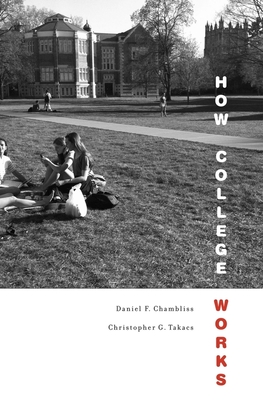Expedite your nonfiction book discovery process with Readara interviews, summaries and recommendations, Broaden your knowledge and gain insights from leading experts and scholars
In-depth, hour-long interviews with notable nonfiction authors, Gain new perspectives and ideas from the writer’s expertise and research, Valuable resource for readers and researchers
Optimize your book discovery process, Four-to eight-page summaries prepared by subject matter experts, Quickly review the book’s central messages and range of content
Books are handpicked covering a wide range of important categories and topics, Selected authors are subject experts, field professionals, or distinguished academics
Our editorial team includes books offering insights, unique views and researched-narratives in categories, Trade shows and book fairs, Book signings and in person author talks,Webinars and online events
Connect with editors and designers,Discover PR & marketing services providers, Source printers and related service providers

How College Works
Education > Higher
- Harvard University Press
- Paperback
- 9780674979802
- 9.1 X 6.1 X 0.7 inches
- 0.66 pounds
- Education > Higher
- (Single Author) Asian American
- English
Readara.com
Book Description
A Chronicle of Higher Education Top 10 Books on Teaching Selection
Winner of the Virginia and Warren Stone Prize
Constrained by shrinking budgets, can colleges do more to improve the quality of education? And can students get more out of college without paying higher tuition? Daniel Chambliss and Christopher Takacs conclude that the limited resources of colleges and students need not diminish the undergraduate experience. How College Works reveals the surprisingly decisive role that personal relationships play in determining a student's collegiate success, and puts forward a set of small, inexpensive interventions that yield substantial improvements in educational outcomes.
The book shares the narrative of the student experience, what happens to students as they move through their educations, all the way from arrival to graduation. This is an important distinction. [Chambliss and Takacs] do not try to measure what students have learned, but what it is like to live through college, and what those experiences mean both during the time at school, as well as going forward.
--John Warner, Inside Higher Ed
Author Bio
Appointed to the faculty in 1981, Dan Chambliss, the Eugene M. Tobin Distinguished Professor of Sociology, has written numerous articles and books, including How College Works (2014), with Christopher Takacs ’05, which received Harvard University Press’ Stone Prize for outstanding book on education and society.
In 2018, the American Sociological Association awarded Chambliss its Prize for Scholarly Contributions to Teaching and Learning Teaching. His interests include higher education, formal organizations, social psychology, and research methods.
He holds a doctorate and master’s degree from Yale University and a bachelor’s degree from the New College of the University of South Florida. Chambliss has directed the Mellon Foundation Project for Assessment of Liberal Arts Learning and Hamilton’s New York City Program, and chaired the Sociology Department and the Committee on Gender Equity in Athletics.
Education
Ph.D., Yale University
M.A., Yale University
B.A., New College of the University of South Florida
Source: Hamilton
Videos






Community reviews
No Community reviews

